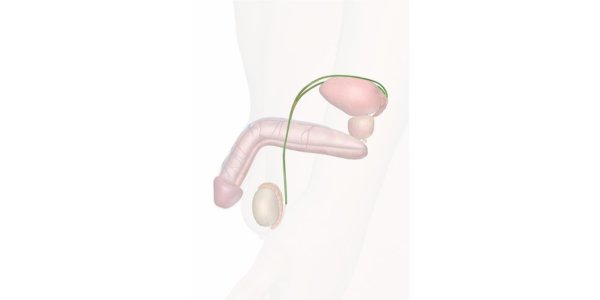Vas Deferens
Understanding the Vas Deferens
The Hidden Highway of Male Reproduction
The vas deferens is a muscular tube that plays a crucial role in the male reproductive system. It acts as the pathway that transports sperm from the epididymis—where sperm are stored and matured—to the urethra during ejaculation.
This organ may be small and rarely discussed, but it’s essential for fertility and male sexual health. Each testicle has its own vas deferens, running through the spermatic cord and joining the ejaculatory ducts near the prostate gland.
Without the vas deferens, sperm cannot mix with seminal fluid, which means natural conception becomes nearly impossible. Understanding this structure helps both men and women better grasp how the reproductive process functions from a biological perspective.
Structure, Function, and Common Issues
Made of smooth muscle, the vas deferens contracts rhythmically during ejaculation to push sperm forward. It also serves as a temporary storage site for sperm before release.
However, this small tube can sometimes face complications. Blockages or absence of the vas deferens can occur naturally or result from surgery, such as a vasectomy. In rare genetic conditions, like congenital bilateral absence of the vas deferens (CBAVD), men may be born without it.
Damage or obstruction often leads to infertility, making diagnosis and treatment important for those trying to conceive.
FAQ
What is vas deferens and its function?
It’s a narrow, muscular tube that carries sperm from the epididymis to the urethra. Its main job is to transport and store sperm until ejaculation.
What is another name for the vas deferens?
It’s also called the ductus deferens, which comes from Latin and means “carrying-away duct.” Both names describe the same structure.
What happens if vas deferens is blocked?
A blockage prevents sperm from reaching the semen. This can cause male infertility, though sperm production in the testes usually remains normal.
Can you damage your vas deferens?
Yes. Physical injury, infection, or surgery like a vasectomy can damage it. When damaged, sperm transport may be disrupted, affecting fertility.
Can vas deferens heal itself?
Typically, no. Once damaged or severed—such as during a vasectomy—it doesn’t regenerate naturally. Surgical repair may restore function in some cases.
How do you know if you don't have vas deferens?
Most people find out during fertility testing or medical imaging. Men with congenital absence usually have no symptoms until they face conception issues.
















